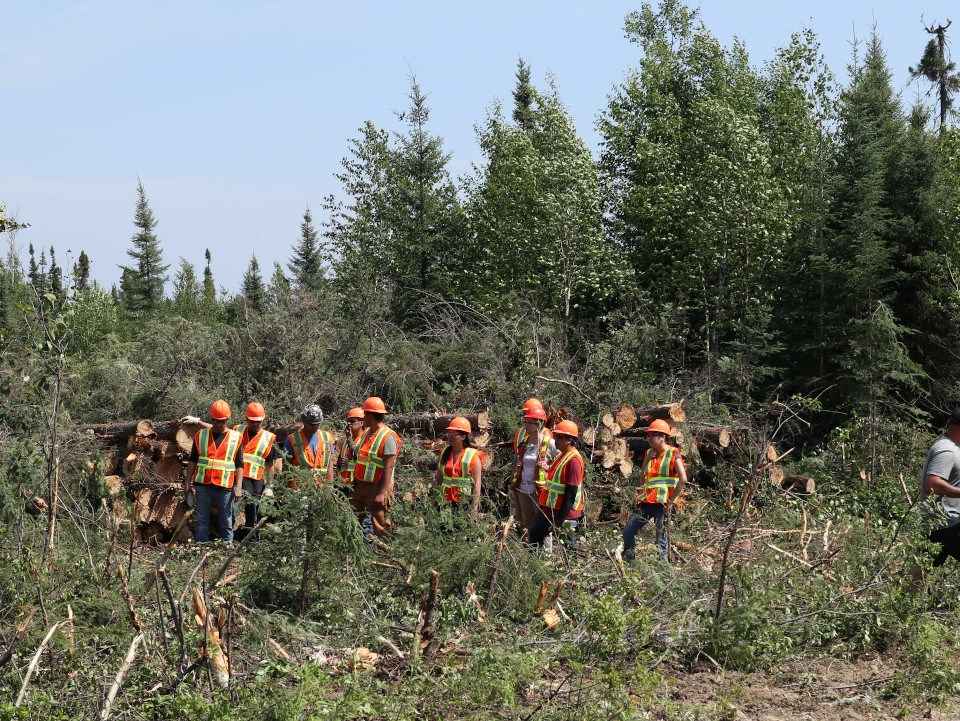A northwestern Ontario First Nation forest management company say it's high time Queen's Park delivered a long-term licence for the Ogoke Forest.
“In order to unleash the full economic potential of our First Nation communities and businesses, we need a long-term wood supply agreement that matches our long-term vision," said Bill Spade, a director with the Agoke Development Corporation.
The corporation, run by the communities of Aroland, Eabametoong and Marten Falls, has been managing the Ogoki Forest since 2018, handling the road infrastructure, forest management planning, and the silviculture programs.
The 10,900-square-kilometre Ogoki Forest is 400 kilometres northeast of Thunder Bay.
Want to read more stories about business in the North? Subscribe to our newsletter.
The group wants a long-term forest management licence for the crown unit and seeks a meeting with Natural Resources Minister John Yakabuski.
The management plan is close to being approved and is set for implementation in early 2021.
"Access to capital for logging and hauling expansion needs to be in place to sustain our business over the course of the next 10-year forest management plan," said Spade.
"We are calling on the ministry to consider our plan for a long-term forest management licence that charts a clear win-win for ensuring our rights are upheld, business certainty is achieved, and economic benefit flows to local communities."
In the fall of 2017, Agoke began work on the next 10-year Ogoki Forest Management Plan with the Ministry of Natural Resources and Forestry, and consulting with area communities.
Their central planning principles have been all about striking a balance between resource development and the protection of social, cultural and environmental values in the long-term direction of the forest.
"We believe the work that we have done has raised awareness and improved overall support of the socio-economic factors, well-being, and concerns of the peoples of the land," said Lawrence Baxter, a director for Agoke.
Agoke works as a coordinating body to feed raw fibre material into the Nakina sawmill, where more than 80 per cent of the workforce on the shop floor comes from nearby First Nation communities. Many previously unemployed people have entered the trades to train as millwrights and electricians to land jobs at the Greenstone-area mill.
Agoke is also looking to the province for training funds.
With lumber demand on the upswing, the opportunity to expand logging, road construction, and training initiatives - such as heavy equipment operators, truck driveres and field mechanics - only stand to expand as well, according to Agoke and the sawmill operators.
Ramping up production - previously curtailed under the pandemic and market uncertainty - will take weeks and months to catch up with global demand, said Nakina Lumber president Tom Darechuk.
"Our goal right now is work with our partner, Agoke, to keep wood moving and people working."




